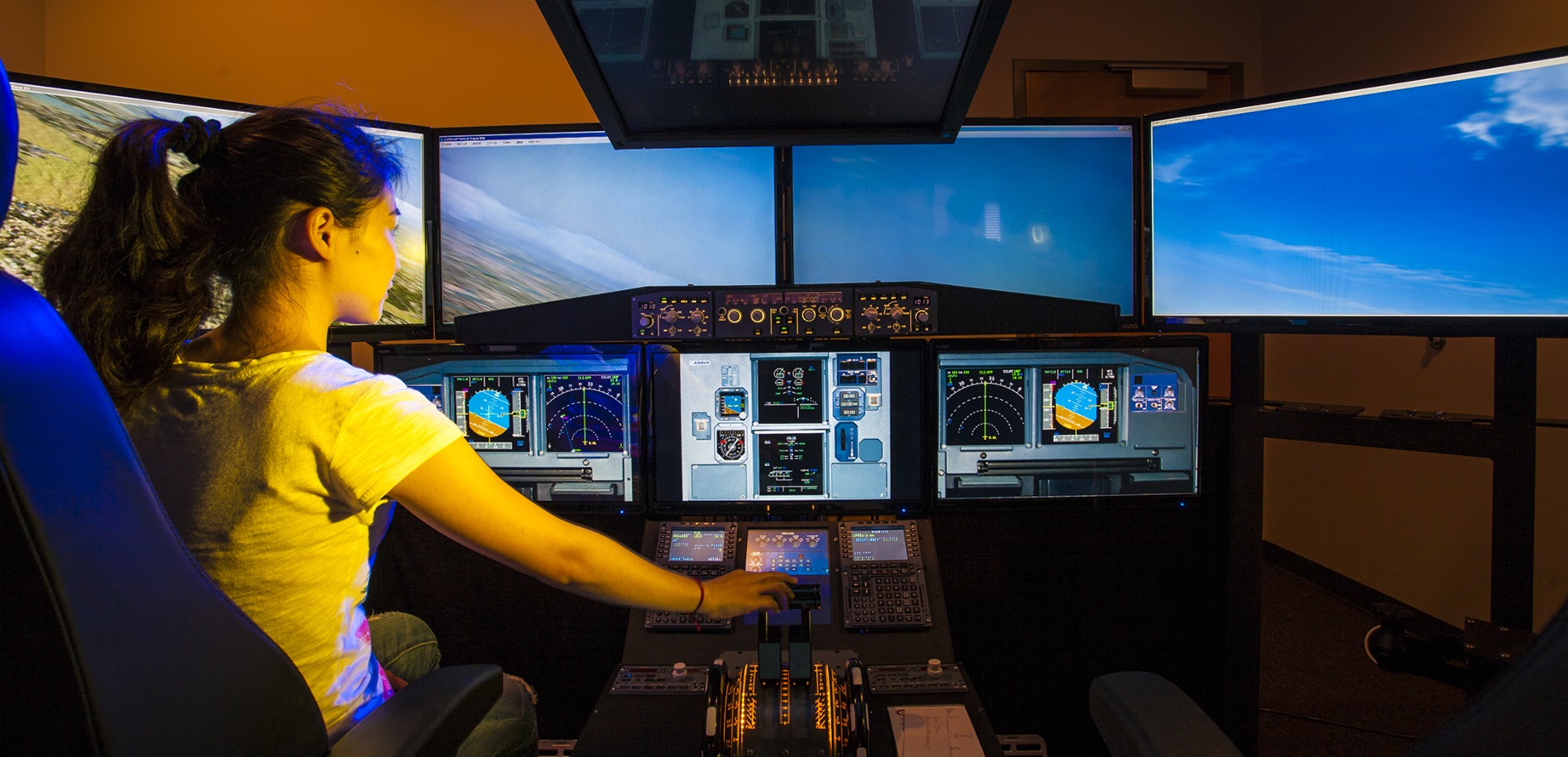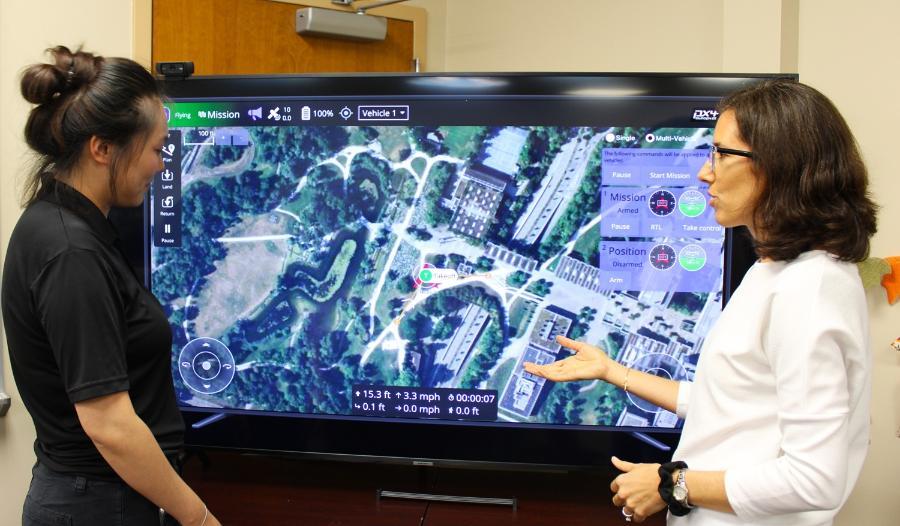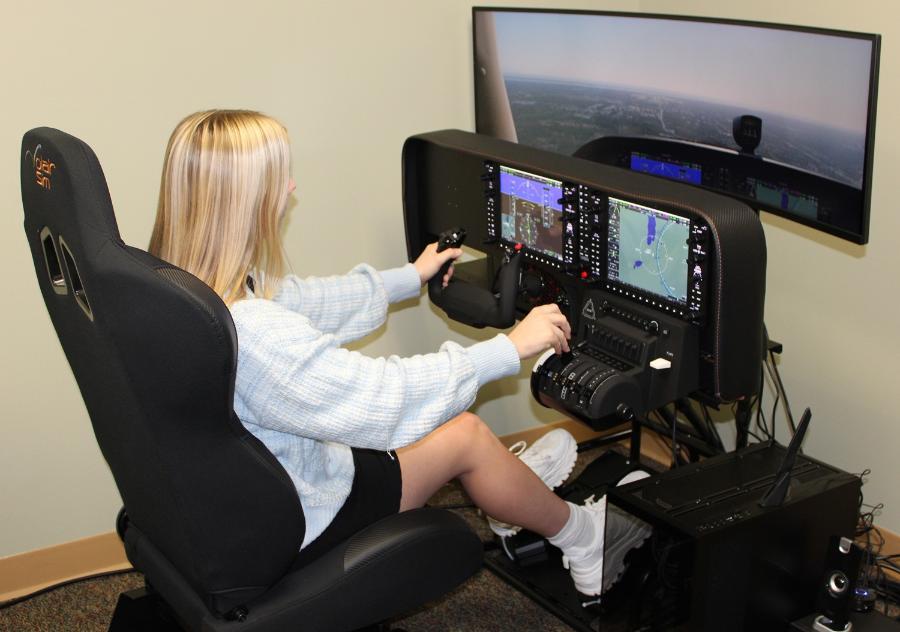Florida Tech combines the resources of a large university with a sense of close-knit community, small classes and one-on-one time with professors.
Our faculty are dedicated researchers who actively support students’ passion for discovery, providing guidance and mentorship throughout their academic journey.
The campus brings together students from across the U.S. and around the world, creating a dynamic environment that encourages collaboration and global connections.
Whether you are a U.S. student seeking an international perspective or an international student pursuing new opportunities, Florida Tech offers a supportive, globally minded setting for professional and personal growth.

 Give to Florida Tech
Give to Florida Tech 


